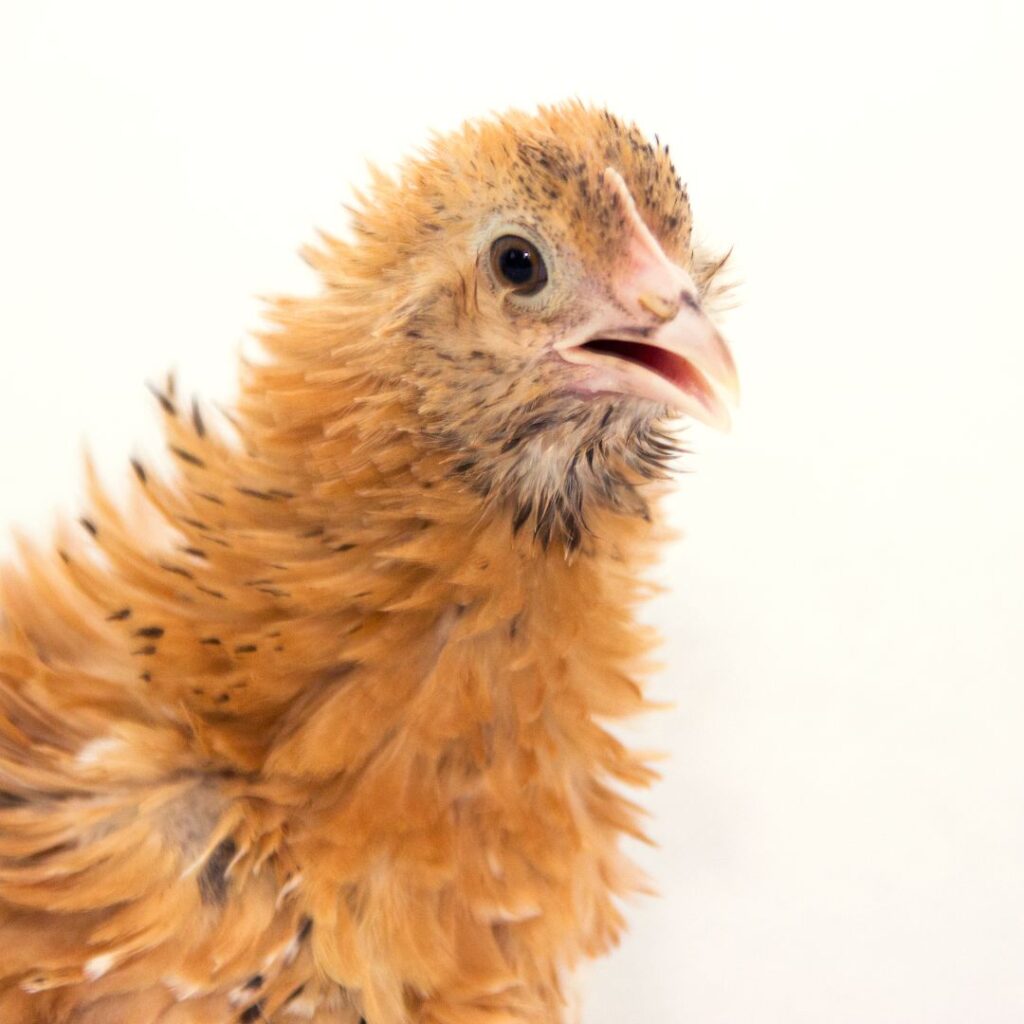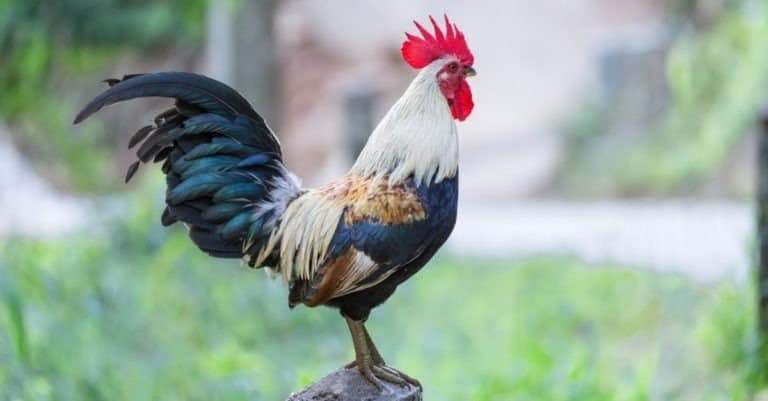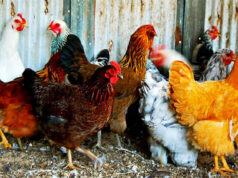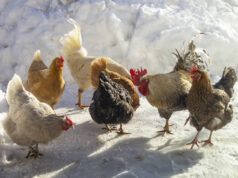Winter can be a challenging time for chicken care enthusiasts. Cold temperatures, shorter days, and icy conditions can make keeping your chickens happy and healthy a bit more complicated. This article will cover everything you need to know about chicken care in winter, ensuring your flock stays safe, warm, and productive.

Introduction to Chicken Care in Winter
Caring for chickens in winter requires a different approach than during the warmer months. From keeping water from freezing to ensuring they have enough shelter, there are various factors to consider to keep your chickens comfortable during the cold season.

Why Winter Chicken Care is Crucial
Winter is stressful for chickens as much as it is for humans. The cold can weaken their immune systems, making them susceptible to diseases like respiratory infections and frostbite. Proper winter chicken care helps to reduce these risks, maintaining their health and productivity.
Dealing with Cold Temperatures
One of the biggest challenges in chicken care in winter is the cold temperature. Here are some tips to handle cold weather:
- Insulate your coop properly.
- Provide heat lamps or heated pads.
- Ensure good ventilation to prevent moisture build-up.
Insulation and Heating Methods
Proper insulation helps to trap heat inside the coop. This can be achieved by using materials like straw bales, foam boards, or reflective insulation. Heating elements like heat lamps or heated pads can provide additional warmth, but they should be used carefully to avoid fire hazards. Learn more about safely insulating your coop here.
Water Supply Considerations
Keeping water from freezing is another essential part of winter chicken care. You can use heated poultry waterers, or regularly check and replace the water if it freezes over. Proper hydration is crucial for your chickens’ health.
Feeding Your Chickens in Winter
Chickens need more energy to stay warm in winter, so a high-quality feed with extra calories is important. Consider adding scratch grains, which they can peck at for activity and warmth. Also, provide additional protein sources and warm food scraps to help them maintain their energy levels.

Common Winter Health Issues
Winter can bring about various health issues for your flock. It’s vital to be aware of them and take preventive measures:
Respiratory Infections
Cold and wet conditions can lead to respiratory infections in chickens. Ensure proper coop ventilation and dry bedding to minimize the risk. Find more about respiratory issues at respiratory disease.
Frostbite in Chickens
Frostbite can affect a chicken’s combs, wattles, and feet. Keep the coop warm and dry, and apply petroleum jelly to exposed areas for added protection.
Parasite Control
Parasites can still be a problem in winter. Keep an eye out for mites, lice, and worms. Regular health checks and cleanliness can help prevent infestations.
Marek’s Disease
Marek’s disease can be more prevalent in colder months. Vaccination and disease management go a long way in preventing this. Learn about this disease here.

Creating a Cozy Environment
Your chickens will appreciate a cozy, secure environment during the winter months:
Coop and Run Maintenance
Regular coop maintenance is important. Ensure there are no drafts, and bedding is clean and dry. Keep the run clear of ice and snow to prevent injuries.
Perch Arrangement
Arrange perches at varying heights to give your chickens options. Higher perches help them stay warmer as warm air rises.
Lighting Considerations
Shorter days reduce laying rates. Install artificial lighting to simulate longer daylight hours, helping maintain egg production.
Behavioral Changes in Winter
Chickens’ behavior changes in winter. Understanding these changes can help you better care for them:
Reduced Activity
Chickens may be less active in cold weather. Encourage activity by providing treats and scratch grains.
Social Dynamics
Winter can alter social dynamics within the flock. Monitor for pecking or bullying, and provide ample space and food to minimize stress.
Key Takeaways for Winter Chicken Care
Proper chicken care in winter ensures your flock remains healthy and productive. Here are the key points to remember:
- Insulate and heat the coop.
- Provide fresh, unfrozen water.
- Offer a high-quality, high-calorie feed.
- Monitor and address health issues promptly.
- Create a cozy environment with proper perches and lighting.
Conclusion
Caring for your chickens in winter doesn’t have to be daunting. With the right preparations and precautions, you can keep your flock warm, healthy, and happy. Remember, a well-cared-for flock will reward you with delicious eggs year-round. For more information, check out this detailed guide on poultry care.
FAQ
What should I feed my chickens in winter?
Provide a high-quality feed with extra calories, scratch grains, protein sources, and warm food scraps to help maintain their energy levels.
How do I prevent water from freezing in winter?
Use heated poultry waterers or regularly check and replace water if it freezes. Ensuring proper hydration is crucial for your chickens’ health.
How should I handle health issues in winter?
Be vigilant about respiratory infections, frostbite, and parasites. Ensure proper coop ventilation, clean bedding, and regular health checks to minimize risks.









